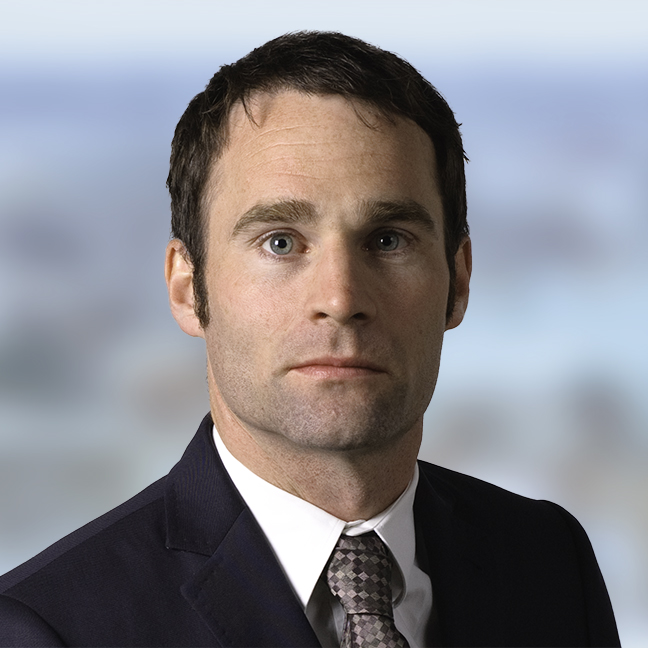The old regime is passing
The Milken Asia Summit had a wide range of panels, and I was fortunate enough to spend time engaging with clients across multiple sessions. An overarching theme was that the market regime of the past 25 years is changing, with persistently higher inflation at the root of this transition. These changes are likely to have profound implications for how we think about asset prices, markets and even our industry.
Higher and more volatile inflation likely will mean larger swings in monetary policy, potentially resulting in shorter economic cycles. Likewise, higher and more volatile discount rates may increase asset price volatility, along with performance dispersion between companies and even countries, all of which should be positive for active management, in my view.
Sustainability is no longer optional
With the energy crisis in Europe and energy prices increasing globally, the sustainability revolution has faced a barrage of scrutiny from investors and politicians this year. Yet the fact remains: climate change will intensify, and future warming is unlikely to reverse. Regardless of inflation, recession or political cycles, increasingly frequent and severe climate events are likely on the horizon. Given the scale and inevitability of the disruption to come, we believe sustainability will prove to be one of history’s defining investment megatrends, alongside industrialization and digitalization.
Moving forward, regulation, fiscal spending, regional innovation and cultural proclivities will all play a role in determining the pace of change for each country. Understanding the interplay between these factors, combined with industry-by-industry expertise on a global scale, will be essential to recognising winners and losers. Sustainability and ESG considerations are an important part of any long-term investment thesis. They have an impact on stock prices and return potential in the long run. As such, we don’t see employing a sustainability lens as concessionary, but as synergistic to the pursuit of investment returns.
Innovation: now more than ever
Innovation was a core theme, both at Milken panels and with clients more broadly. Technology and sustainable investing were key focus topics. Despite the recent underperformance of sectors like tech and fintech, in our view, we shouldn’t lose focus on how digital disruption likely will define returns this coming decade. The recent sell-off isn’t surprising: there was froth if not euphoria in many tech valuations heading into this year, and rising rates lead to a repricing of forward earnings, particularly for high-growth assets.
This could be an opportunity for long-term investors who stay true to their philosophy and process. If anything, we expect an acceleration in digital disruption rather than a pullback. Many of the trends that drove tech dominance over the last decade remain in their relative infancy. Meanwhile, from artificial intelligence and machine learning to robotics, blockchain and 3D printing, emerging technologies are rapidly maturing and will enable more cost-effective implementation of efficiency-driving technologies across sectors.
Here to stay: private equity and alternative investments
It’s interesting to note that investors in privates and alternatives are often the first to devote capital to innovation and sustainability, which, as discussed above, are two other trends solidly established in Asia. We view our commitment to building world-class capabilities in these categories as a long-term investment.

























